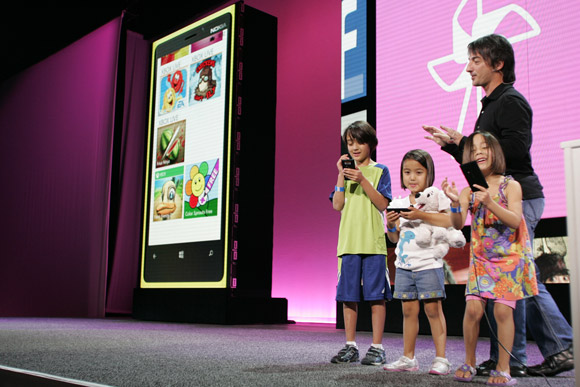“In five years I don’t think there’ll be a reason to have a tablet any more,” Blackberry CEO Thorsten Heins told Bloomberg TV while showing off his company’s new Q10 handset.
Predicting the end of the tablet computer is a very brave call – particularly from a man whose company’s market share has fallen 90% since the iPhone was released – but does it have any merit?
Thorsten’s view is the smartphone is the device most people rely on. Of the three ‘screens’ we use, the mobile phone is the one we rely on the most and it will be increasingly important as mobile payments, NFC and other technologies develop.
Blackberry’s position is exactly the opposite of Microsoft’s ‘three screens’ strategy with Windows 8 where the aim is to have the same system running on phones, tablets and personal computers.
Apple and Google have chosen to modify their systems, or even have totally different ones such as iOS and OSX, to suit different sized devices.
Supporting the Blackberry view is the famous survey by the now defunct Nortel Networks in 2008 that found one third of workers would rather lose their wallet than their mobile.
When that survey was carried out five years ago, smartphones really hadn’t made much of an impact in the marketplace as Nokia and Blackberry dominated the handset industry.
Today, with smartphones from Apple and Samsung dominating, there’s no doubt the mobile phone is even more important to the typical user. So maybe Thorsten and the Blackberry team are onto something.
Even if the smartphone does turn out to be most peoples’ main computer, it’s unlikely tablets like the iPad are going to fade away as the larger format is too handy for many uses.
Like most things in life it’s a matter of choosing the right tool for the job and in many cases a tablet, or a Personal Computer, is the better device.
What is clear though, is that Blackberry has to make some big bets to survive, so Thorsten’s talking big is quite understandable. You have to give him points for chutzpah.
Disclaimer: I was given a Blackberry Z10 to trial while travelling in Tasmania. I couldn’t figure out how to use it.

